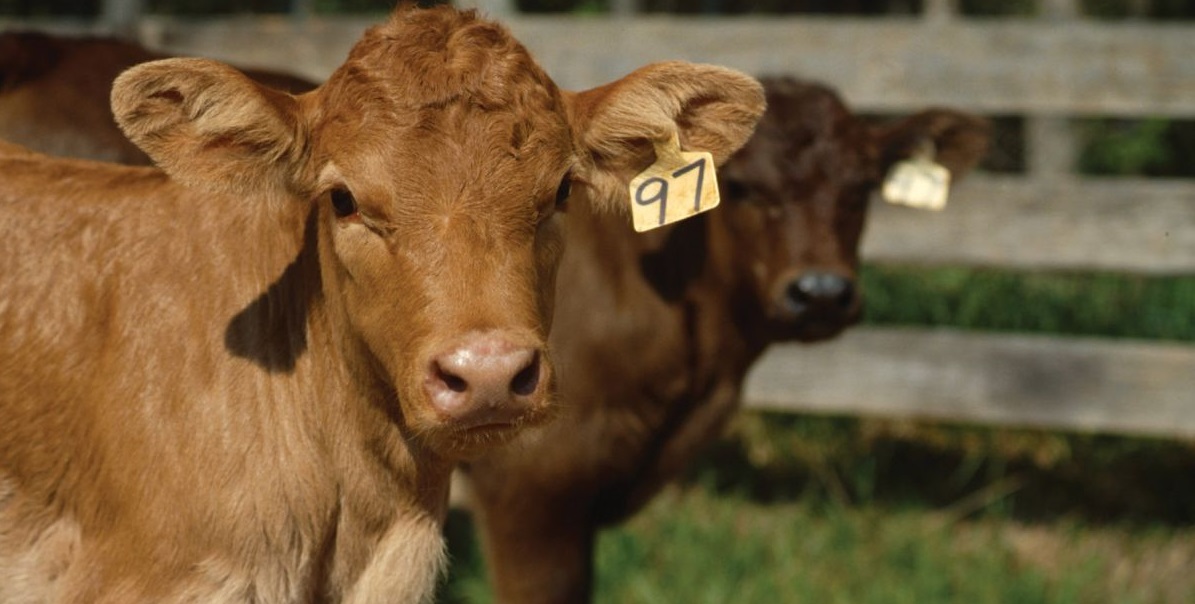
Clear evidence of farmers shifting their view of calf pneumonia vaccination towards lifetime productivity gains has been identified by a large scale survey.
At three national livestock events this summer involving 262 farmers, 49% were between 80% confident and 'certain' that vaccinated calves had better lifetime performance than unvaccinated ones. Another 13% expressed confidence levels of 60-80% that this would be the case. The survey was conducted independently for Zoetis and involved a cross-section of dairy farmers, calf rearer-finishers and suckler herd owners.
The findings are consistent with a review of published research conducted by the company and summarised in two advisory booklets - one for dairy farms and calf rearers and the other, beef suckler herds - for farmers and their vets.
The foundation of every calf’s lifetime performance begins at birth, according to Zoetis vet Carolyn Hogan, the first two months being particularly important.
"Whether destined for the dairy herd or finished beef, suckled or reared, a calf that doesn’t grow effectively in the early weeks is often unable to catch up later," Ms Hogan explains. "So proactive management of calves is critical to maximise future productivity."
Good respiratory health is essential to ensure they grow to their full potential and are able to deliver to their maximum, yet an estimated 67% of pneumonia cases occur in calves less than three months of age.
Alarmingly, one UK study found an average of 14.5% live born dairy heifers failing to reach their first lactation at all, with pneumonia the biggest known cause of mortality in calves aged one to six months. In addition, Carolyn Hogan warns that some calves will be infected, but not show obvious clinical signs and therefore go unnoticed, the effect being that underlying lung damage can limit growth rates.
Compared to dairy heifers with underlying lung damage, optimum respiratory health has the potential to reduce age at first calving by two weeks, increase first and second lactation yields and extend longevity in the herd. In contrast, those with poor respiratory health are either at risk of not completing their first lactation at all, or likely to average 109 fewer days in milk over their lifetime.
In beef calves, a UK study examining them at slaughter estimated that those with healthy lungs gained 72g/day more than those with moderate lung damage, and 202g/day more than those with severe damage. Based on a 22 month finishing system, and assuming disease occurred at six weeks of age, Carolyn Hogan calculates a difference in finished live-weight of 44kg in moderate cases, up to 124kg in severe cases.
"Respiratory health is influenced by infectious agents and environmental and management factors," she says. "Infectious agents include viruses and bacteria - though most outbreaks start with a virus."
In young calves, BRSv and Pi3v are two of the most important viruses. Blood samples taken throughout 2014 from 2,271 calves on farms with pneumonia problems showed 76% had been exposed to BRSv and 83% to Pi3v. Against these two threats specifically, Rispoval® IntraNasal vaccination has been developed to give young calves the earliest available protection:
• Protects against the two key viral causes in young calves are BRSv and Pi3v.
• Effective in the face of antibodies derived from colostrum.
• Use from nine days of age.
• Immunity occurs five to 10 days after a single dose – no other vaccine protects earlier.
• Immunity proven to last at least 12 weeks, ensuring calves are protected during their most vulnerable period.
• Viruses are the root cause of a majority of respiratory health problems. Ensuring early protection will help reduce the threat from secondary bacteria such as Pasteurella.
